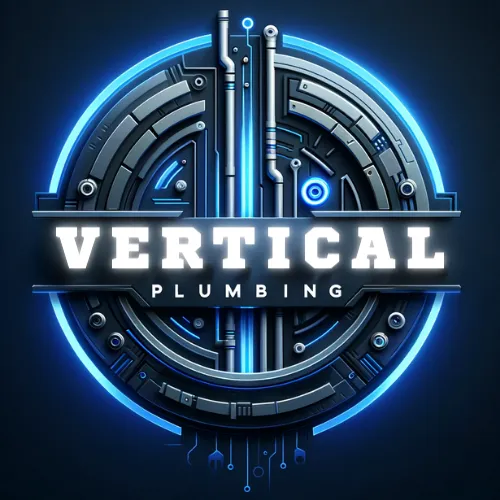
Contact Us
Contact Us
FAQs About Our Services
How often should I service my plumbing system?
Routine maintenance isn't just about preventing leaks—it's about ensuring your system's reliability and efficiency.
• Yearly Service: A comprehensive inspection once a year helps maintain your plumbing's integrity.
• Efficiency Boost: Regular maintenance can prevent unexpected repairs and conserve water usage.
What are the signs that I might need a new plumbing system?
If your plumbing is experiencing more issues than usual or it's been several years since the last major update, a new, more efficient setup may be due.
• Age: Systems older than 10-15 years may need replacement.
• Repair Frequency: Frequent leaks or clogs suggest it's time for an upgrade.
Can upgrading my plumbing system save me money?
Upgrading can be a cost-effective move in the long run, as newer plumbing systems are designed for efficiency and to reduce the chance of costly damages.
• Lower Bills: Modern plumbing systems are optimized for water conservation, leading to reduced water bills.
• Smart Investment: Up-to-date technology and materials mean a more reliable system, minimizing the need for frequent repairs and potential water damage.
What's the difference between a traditional water heater and a tankless water heater?
While traditional water heaters are commonly used, tankless water heaters are an efficient option for those needing on-demand hot water.
• Tankless Water Heater: Provides hot water on demand without storing it, which can be more energy-efficient.
• Traditional Water Heater: Typically includes a tank and keeps a supply of hot water ready, which may be less energy-efficient.
How can I improve my water quality?
Ensuring good water quality is essential for health and well-being, especially in areas with hard or contaminated water.
• Filter Replacement: Regularly changing water filters is crucial.
• Water Quality Solutions: Consider installing water softeners and whole-house filtration systems.